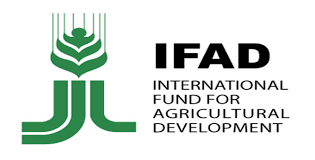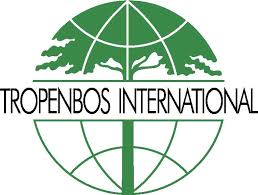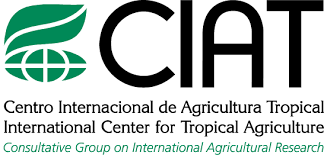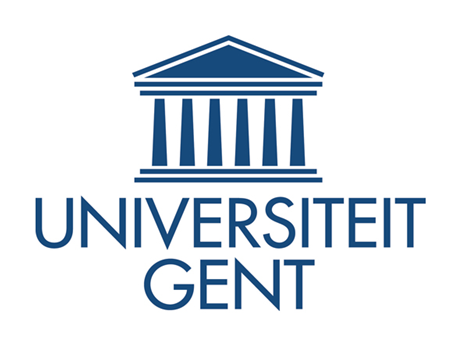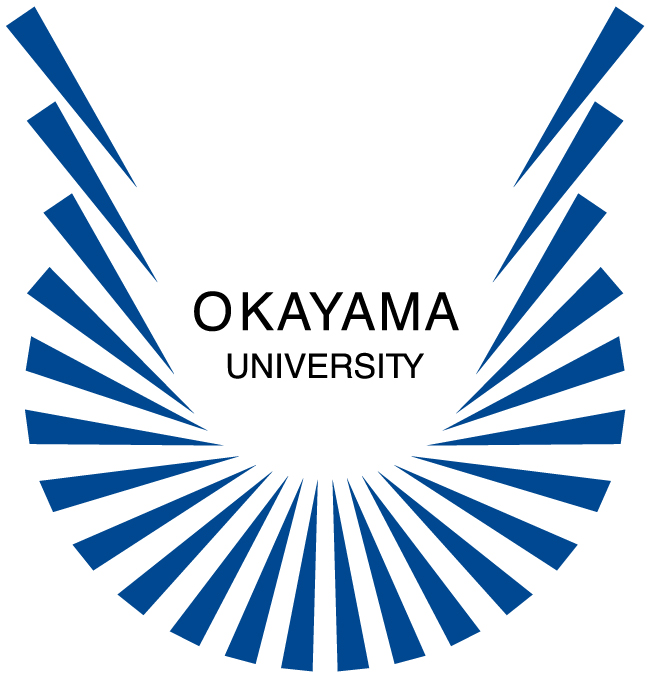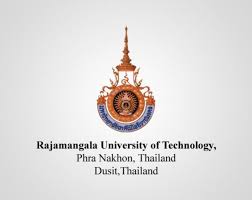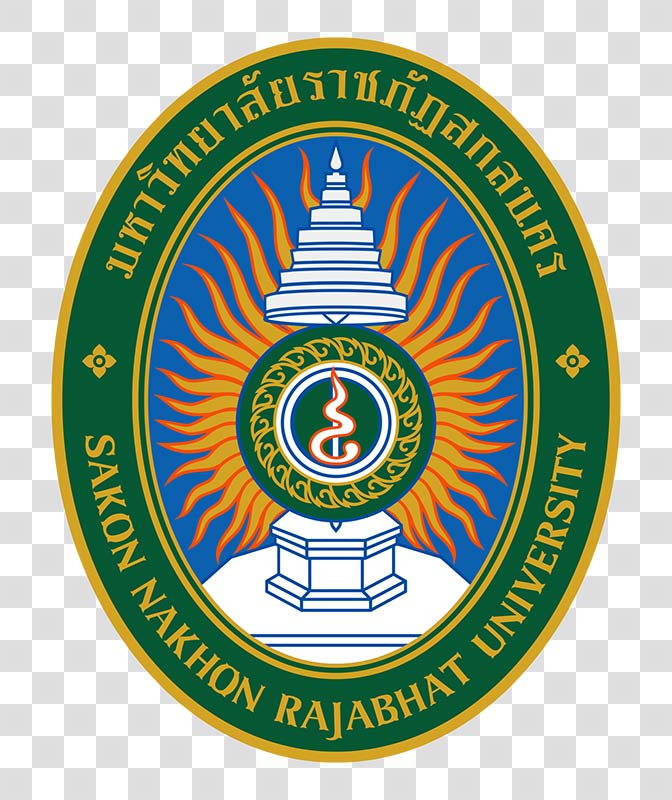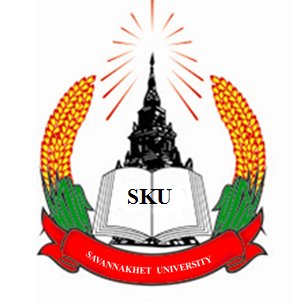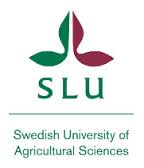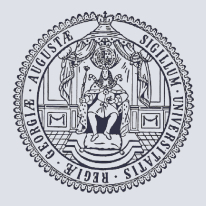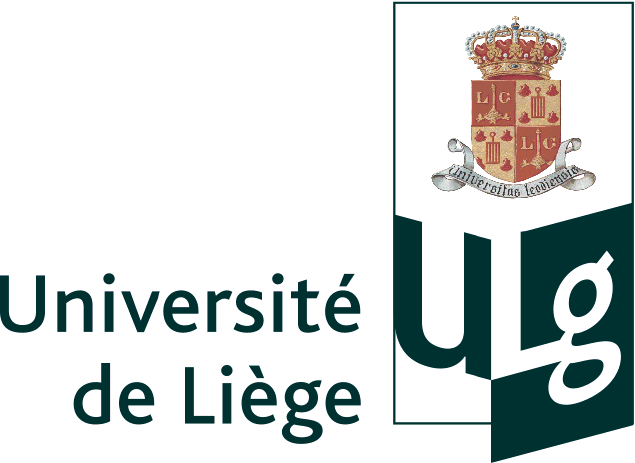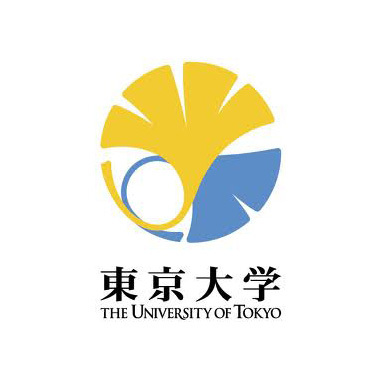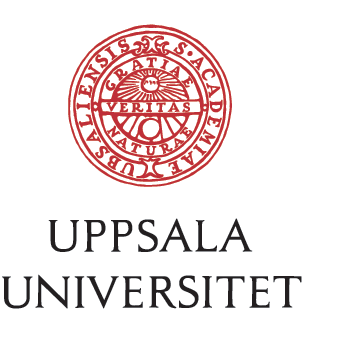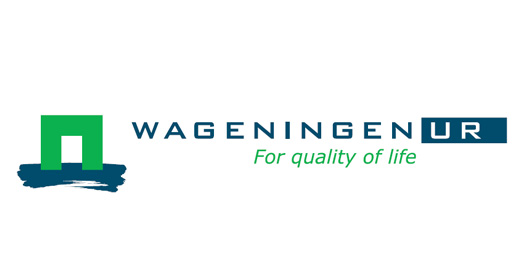REACT National training in Vietnam
General objectives

After the implementation of the Training of Trainer Modules REACT partners are responsible for replicating the training received with the aim of increasing the targets of the capacity building and training a higher number of people. These replications will take the form of either Internal Replication Trainings or National Replications.
The National Replication Training must be organised by REACT Units and NIER’s Climate Change team. Project Partners from the same country must work together to organise this training.
There will be at least 2 National Trainings organised in each country, each time hosted by a different partner :
The National Replication Training must be organised by REACT Units and NIER’s Climate Change team. Project Partners from the same country must work together to organise this training.
There will be at least 2 National Trainings organised in each country, each time hosted by a different partner :
- National Training 1 – May 2018. Should replicate contents from ToT1 & ToT2.
- National Training 2 – May 2019. Should replicate contents from ToT3, ToT4 & ToT5.
TOPIC
Partners are free to choose the specific topic for each replication training, based on the contents of the corresponding ToTs. Partners should decide together what aspects of the ToTs they should present in the National Trainings.
TARGET
The training must be aimed at students, professors, researchers and relevant stakeholders (NGOs, associations, businesses) of SEA Partner institutions interested in the training topic. The Units can make the training obligatory for Masters students interested in Climate Change.
MATERIALS
Materials used for the National Trainings (PowerPoints, templates for exercises, reading material etc.) should be provided the day after the National Training so it can be uploaded to the REACT Repository and made available to both the participants and any interested parties to download.
DISSEMINATION
The REACT Units should announce the National Replication in their institutions, websites and in any other electronic means they can to increase participation and awareness of the event
Write a short news post about it afterwards and send it in English + National Language (with 2-3 photos) to the the National Dissemination Coordinator + UA to be put on the REACT website. Partners should inform the Dissemination Leader UNIGE of any dissemination activities done around this replication.
REACT Roll-up and Posters should be visible during the event (and make sure they are seen in photos!)
QUALITY FEEDBACK
Partners must collect feedback from participants in the Replication Training and work with NIER to analyse results.
REPORTING
Partners must report back to WP coordinator IEMSR on the results of the Internal Replications. Report form must include number of participants per category (student, academic/researcher, stakeholder)
BUDGET
The REACT budget has funds available to help organise the logistics of the National Training & National Seminars. These can be used for organisation costs or printing promotional materials. Travel and Cost of Stay (perdiems) are available for partners to travel to the host institution (for example for UHST to go to RUA), but not for non-partners (EU rules do not allow to pay costs of non-partners). Partners have budget to print dissemination materials to be used.
Please contact REACT Financial Manager Olga Bloshchinska to request information about funds and how they can be used.
PREPARATORY FORM
The following information must be included in this form (it does not have to be very long, but the aims of the topic have to be clear):
Partners are free to choose the specific topic for each replication training, based on the contents of the corresponding ToTs. Partners should decide together what aspects of the ToTs they should present in the National Trainings.
TARGET
The training must be aimed at students, professors, researchers and relevant stakeholders (NGOs, associations, businesses) of SEA Partner institutions interested in the training topic. The Units can make the training obligatory for Masters students interested in Climate Change.
MATERIALS
Materials used for the National Trainings (PowerPoints, templates for exercises, reading material etc.) should be provided the day after the National Training so it can be uploaded to the REACT Repository and made available to both the participants and any interested parties to download.
DISSEMINATION
The REACT Units should announce the National Replication in their institutions, websites and in any other electronic means they can to increase participation and awareness of the event
Write a short news post about it afterwards and send it in English + National Language (with 2-3 photos) to the the National Dissemination Coordinator + UA to be put on the REACT website. Partners should inform the Dissemination Leader UNIGE of any dissemination activities done around this replication.
REACT Roll-up and Posters should be visible during the event (and make sure they are seen in photos!)
QUALITY FEEDBACK
Partners must collect feedback from participants in the Replication Training and work with NIER to analyse results.
REPORTING
Partners must report back to WP coordinator IEMSR on the results of the Internal Replications. Report form must include number of participants per category (student, academic/researcher, stakeholder)
BUDGET
The REACT budget has funds available to help organise the logistics of the National Training & National Seminars. These can be used for organisation costs or printing promotional materials. Travel and Cost of Stay (perdiems) are available for partners to travel to the host institution (for example for UHST to go to RUA), but not for non-partners (EU rules do not allow to pay costs of non-partners). Partners have budget to print dissemination materials to be used.
Please contact REACT Financial Manager Olga Bloshchinska to request information about funds and how they can be used.
PREPARATORY FORM
The following information must be included in this form (it does not have to be very long, but the aims of the topic have to be clear):
|
1. Area to be covered by the training (For example, the subjects covered must be taken from ToT1 and ToT2).
|
|
2. How the topic chosen is of interest to the country in the Unit’s framework.
|
|
3. How to disseminate the national training
|
| 4. Title of the training (short and comprehensible) Integrating climate change in research: Theory and Practical Practices |
|
5. Trainers (who deliver the training?)
|
|
6. Participants/Audience (who will the trainers be training?)
|
| 7. Number of participants invited 50 participants |
|
8. Participant profiles
20 Master’s students from 1. Faculty of Forestry - HUAF 2. Faculty of Land management and Agricultural Environment - HUAF 3. Faculty of Management of Environment and Resources – Hue University of Science 20 Researchers from HEIs external to REACT from
10 Managers / decision‐policy makers coming from HEIs external to REACT from
|
| 9. Duration of training (one or several days, but remember there is the National Seminar) 1 day (22nd June, 2018) |
| 10. Number of training hours 8h |
|
11. Type of exercises proposed
|
|
12. Criteria for marking exercises and evaluating participants’ progress within the training
+ Describe the situation
+ Identify strengths, weaknesses and limitations + Suggest solutions to overcome and develop + Typical examples
+ Active participation
+ Comments and discussions + Teamwork skills + General skills and presentations |
Key: REACT
Newer articles
Older articles
HUAF tries its best to become as the prestigious university. Additionally, HUAF always makes great efforts in training to provide localities and enterprises with qualified human resources. It is highly appreciated as a good center in science and technology to contribute the development of socio- economics to the whole country in integration tendency.
- Online43
- Today5,482
- This month118,934
- Total16,014,739

